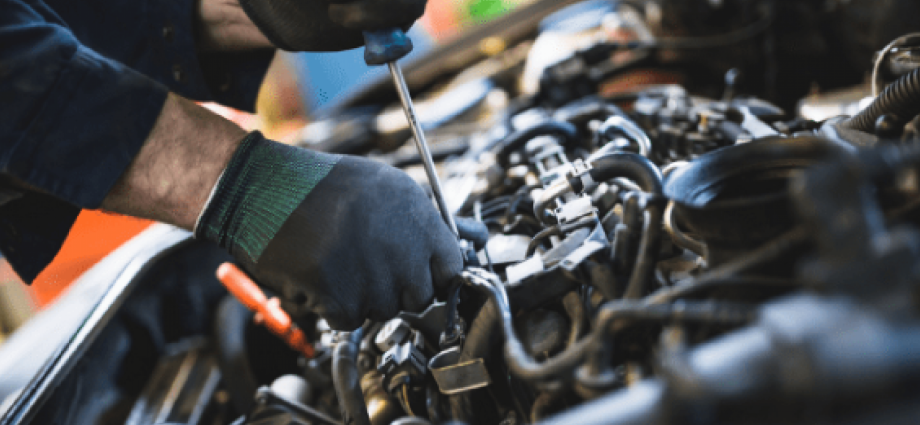As there is much misinformation and confusion regarding basic car maintenance, drivers often waste their money on unnecessary services or miss important maintenance tasks.
Mechanics understand the value of debunking car maintenance myths to save drivers both money and keep their vehicles in top shape. Let’s examine some of the most commonly held beliefs.
Myth 1: Regular Oil Changes Are Necessary
This myth about car maintenance has long been perpetuated by quick lube chains and other service facilities to boost business. While changing oil every 3,000 miles was once appropriate for older engines with outdated technology, today’s engines and oil chemistry allow most vehicles to go much longer between oil changes.
Engine oil degrades over time, collecting contaminants that must be regularly flushed out to avoid engine components becoming compromised and damage caused by build-up of sludge. To keep your oil fresh for as long as possible, follow your manufacturer’s suggested oil change schedule to stay ahead of the game.
Not recommended is regularly “topping off” engine oil if your vehicle has not reached the recommended interval for oil changes; doing so can cause overfilling, which is just as detrimental to engine health as having too little. Furthermore, topping off other fluids such as windshield wiper fluid or air, cabin, or blinker fluid may seem convenient, but should only be done if part of your service schedule requires it.
Myth 2: Premium Gasoline Boosts Performance
Many people assume that using premium gasoline with an octane rating of 91 or above will enhance the performance and fuel efficiency of their vehicle. Unfortunately, however, this may not always be the case.
Premium gas’ higher octane rating is essential for cars that feature engines with high compression ratios that need antiknock properties to prevent engine knock. Lower-grade fuel may damage pistons and cylinder liners in these engines.
Modern vehicles typically can utilize regular gasoline. If your owner’s manual does not suggest premium, don’t waste money on it; it won’t make your car go faster or provide better mileage; nor will it help maintain cleaner engines; in reality, detergent additives in gas play far greater role in cleaning and optimizing an engine than octane ratings do; using premium gas will only cost more in the long run.
Myth 3: Idling Your Car Before Driving Is Necessary
Idling your car was once considered sound advice for driving with older engines; but now that cars utilize fuel injection and electronic engine controls, idling no longer provides any benefit. Letting it idle for more than 30 seconds wastes fuel, contributes to air pollution and greenhouse gases emissions, and causes wear-and-tear on internal components of the engine itself.
Overheating of an engine can strip oil from critical components such as pistons and cylinders, leading to increased friction, wear and tear, shorter engine lifespan and possible illegality in some states and municipalities.
Myth 4: Inflating Tires to the Pressure Embossed on the Tire’s Sidewall
Though tire manufacturers embossed their pressure ratings onto the sidewalls of tires, this should not be used as an inflation guideline. Instead, consult the vehicle manufacturer’s recommended inflation levels found usually affixed to either your driver door frame decal or sticker in your glove box or trunk of your car.
Overinflating your tires can cause them to overheat and damage internal components that affect their lifespan, as well as result in uneven tire wear, which reduces their grip on the road and ultimately compromises their grip on life itself.
Another popular misconception is that preheating your car before driving it. Unfortunately, this practice only wastes gas and money by idling its engine in your driveway; doing this won’t improve performance or longevity of its parts either. Therefore, it would be more efficient and beneficial to simply start up and drive off, which also helps lower emissions and conserve energy resources.











